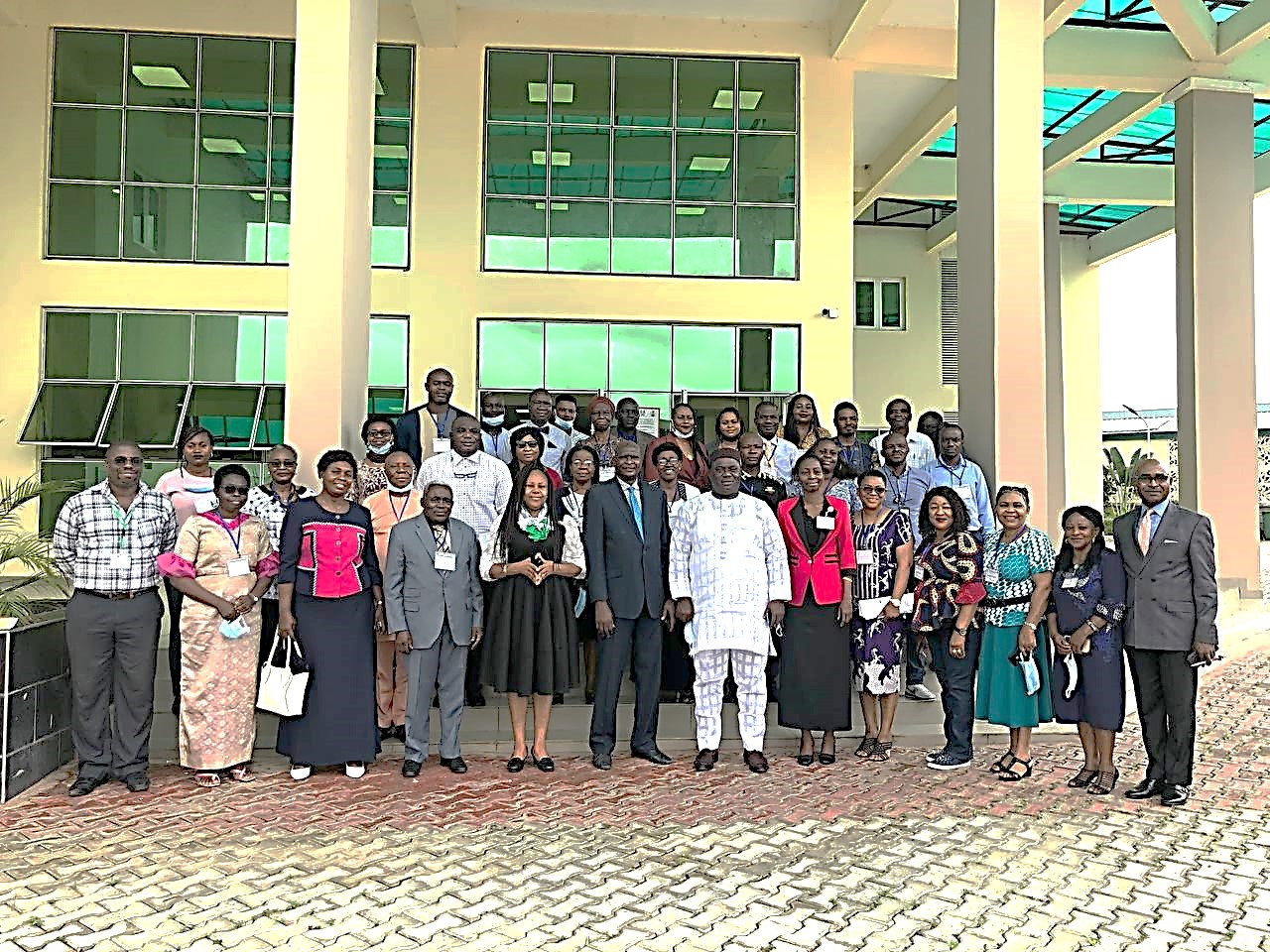

Unemployment of university graduates is increasingly becoming a worrying trend the world over. This problem is particularly acute in Africa where most economies are failing to create more jobs. In fact, structural changes that are taking place in most economies also exacerbate this problem. These changes are brought about by extraneous factors such technology, competition, and government policies, (Kenton, 2020)[1].
Africa is the only region where the youth bulge will continue to grow in the foreseeable future, presenting both an opportunity to reap the demographic dividend and an imminent time bomb and threat to social cohesion as well as massive migration in search of opportunities if appropriate policies are not implemented to harness the dividend. (ILO:2020)[2]
The COVID-19 pandemic has resulted in further, significant scaling down of many businesses, with some closing down completely. Retrenchments of workers has led to greatly lessened employment demand. On the other hand, educational institutions like universities and colleges continue to prepare ever larger groups of graduates who seek employment in a market that is already shrinking. Thus, the gap between demand and supply of employment is getting wider and wider.
Besides the unemployment causes cited above, it is also argued that university graduates are not only unemployed, they are also unemployable, (Hall &Thomas, 2006)[3]. The latter challenge is a particular cause for concern to universities as it points to deficiencies in what universities teach and how they teach. It is against this background that the Commonwealth of Learning (COL) is supporting the development of employability strategies in some universities in its African member countries.
To this end, COL commissioned Saide to facilitate a three-day employability workshop for management and staff at the National Open University of Nigeria (NOUN).
The virtual workshop was attended by 60 participants, and facilitated by Saide’s Ephraim Mhlanga. In his opening remarks, the Vice Chancellor, Professor Olufemi Peters, highlighted the high rate of unemployment amongst youth between the ages of 15 – 34 years old. This figure currently stands at 42.5%. In endorsing NOUN’s employability initiative, he emphasised the need for universities to find innovative ways of supporting Government in eradicating joblessness and idleness among the youth, noting that the promotion of greater stability and societal cohesion is a key national priority in Nigeria.
The first day of the workshop focused mainly on the concept of employability and the rationale behind implementing employability activities in universities. Participants were also addressed by representatives from the Nigeria Employer Consultation Association (NECA) and representatives from the Federal Ministry of Labour and Productivity. These speakers highlighted employer’s expectations of university graduates and what they wished to see included in an institutional employability framework.
On the second day, employability strategies developed by several African and other institutions were presented and various strategies of integrating employability into the university curriculum were discussed and initial draft documents prepared.
On the third day, a small task team consisting of heads of Directorates in the University was appointed to work with the Ephraim Mhlanga to finalise the draft employability strategy that had been workshopped. The roles and responsibilities of university management in managing the mainstreaming of the employability strategy at NOUN was also an important focus.
Finalising the NOUN Employability Strategy has required an iterative process that included a number of drafts with further inputs from NOUN staff, however, by end of October 2021 the final document was submitted to NOUN and to COL.
Key features of the NOUN employability strategy include alignment to the institutional mission; teasing out the concept of employability to ensure conceptual clarity; provision of a rationale for having an employability strategy; stating clear objectives; and detailing the approach that will be used to implement employability strategy. The strategy document also includes guidelines that will help the institution measure progress in implementing employability over time.
An important learning from the experience of working on this project is the value external stakeholders can add to the development of such institutional plans. In this instance, the wide consultative approach that was employed, added great value. The input made by representatives from the Nigeria Employer Consultation Association (NECA) and from the Federal Ministry of Labour and Employment did not only add to the richness of the discussions at the workshop, it also helped immensely in the conceptualisation of the content of the strategy document.

Participants at the NOUN employability workshop, September 2021.
[1] Kenton, W. (2020) Structural Unemployment. https://www.investopedia.com/terms/s/structuralunemployment.asp
[2] Global employment trends for youth 2020: Africa (ILO)
[3]Hall, D. & Thomas, H. (2005) Links between Higher Education and Employers in Malawi: The need for a dialogue. Journal of Higher Education Policy and Management, 27 (1), 67-79, DOI: